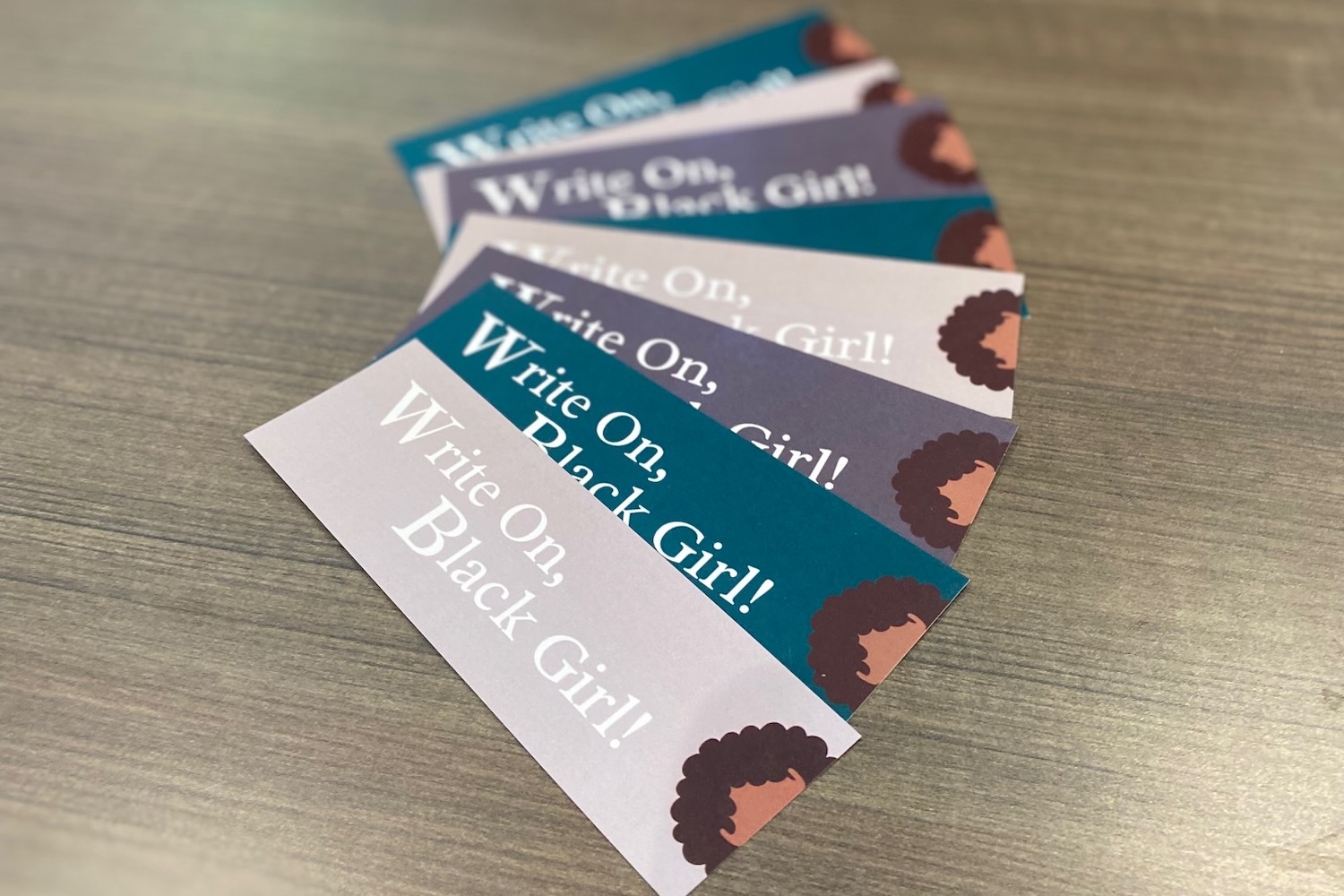
If you take several prescription medications, over-the-counter products, or herbal supplements for various medical conditions, it can be difficult to manage. According to the Centers for Disease Control and Prevention, 82 percent of American adults take at least one medication and 29 percent take five or more medications.
The best way to manage all your medications is by getting organized and making sure your health care team, including your pharmacist, knows about all of the drugs you are taking. At a recent event, UConn Health pharmacists and UConn School of Pharmacy students presented tips and information about what individuals need to know about their medications. In addition, there was an opportunity for event attendees to receive a personalized and comprehensive review of their medications, and to ask specific questions relating to their drugs and supplements.
Although we know most individuals are on at least one medication, research has found that 75 percent are non-adherent in one or more ways, says UConn Health pharmacist Ruth Kalish. Non-adherence can include such things as not filling a prescription, missing doses, taking outdated medications, or using medication devices, such as inhalers, incorrectly.
“That’s why it’s important that people get as much information as possible about their medications so that they can ultimately feel better, have fewer symptoms, and oftentimes stay out of the hospital,” says Kalish.
Besides managing your medications, individuals should know how to store their medications. Here are some helpful tips:
- Medications should be stored in one location unless they are required to be stored separately, such as a refrigerator.
- Always store drugs out of children’s reach.
- Do not keep medications in the kitchen or bathroom where they can be affected by heat and humidity.
- Don’t leave the cotton plug in a medicine bottle. This can draw moisture into the container.
- Check the expiration date each time you take a drug. Replace any medications that are out of date.
- Never use a medication that has changed color, texture, or odor, even if it has not expired. Throw away capsules or tablets that stick together, are harder or softer than normal, or are cracked or chipped.
Another important component of managing medications is properly disposing of them. A growing number of community-based drug “take-back” programs offer the best option. Otherwise, almost all medicines can be thrown in the household trash, but only after precautionary steps are taken.
- Follow any specific disposal instructions on the prescription drug labeling or patient information that accompanies the medicine. Do not flush medicines down the sink or toilet unless this information specifically instructs you to do so.
- Take advantage of community drug take-back programs that allow the public to bring unused drugs to a central location for proper disposal. Call your city or county government’s household trash and recycling service to see if a take-back program is available in your community. The U.S. Drug Enforcement Administration, working with state and local law enforcement agencies, periodically sponsors National Prescription Drug Take-Back Days.
- Check with your municipal police department whether it is participating in a medication drop-box program.
- Medications can be thrown in the household trash following these steps:
- Remove them from their original containers and mix them with an undesirable substance, such as used coffee grounds or kitty litter (this makes the drug less appealing to children and pets, and unrecognizable to people who may intentionally go through the trash seeking drugs).
- Place the mixture in a sealable bag, empty can, or other container to prevent the drug from leaking or breaking out of a garbage bag.
- Before throwing out a medicine container, scratch out all identifying information on the prescription label to make it unreadable. This will help protect your identity and the privacy of your personal health information.
- Do not give your medicine to friends. Doctors prescribe medicines based on a person’s specific symptoms and medical history. A medicine that works for you could be dangerous for someone else.
- When in doubt about proper disposal, talk to your pharmacist.
Tips from Your UConn Health Pharmacist
Here are some tips to help you manage your medications:
- Try to use one pharmacy.
- Take all your medications as directed by your health care provider.
- Learn about what each medication is for and how long you will have to take it.
- Learn about what side effects you may experience. Always alert your health care provider if you think you are experiencing side effects to any medication.
- Inform your health care provider and pharmacist about all the medications you are taking,including any over-the-counter products such as pain relievers, cold remedies, vitamins, and herbal products.
- Carry a list of all your medications with you.
- Talk to your health care provider or pharmacist if you have any questions or concerns about your medications.
Follow UConn Health on Facebook, Twitter and YouTube.



